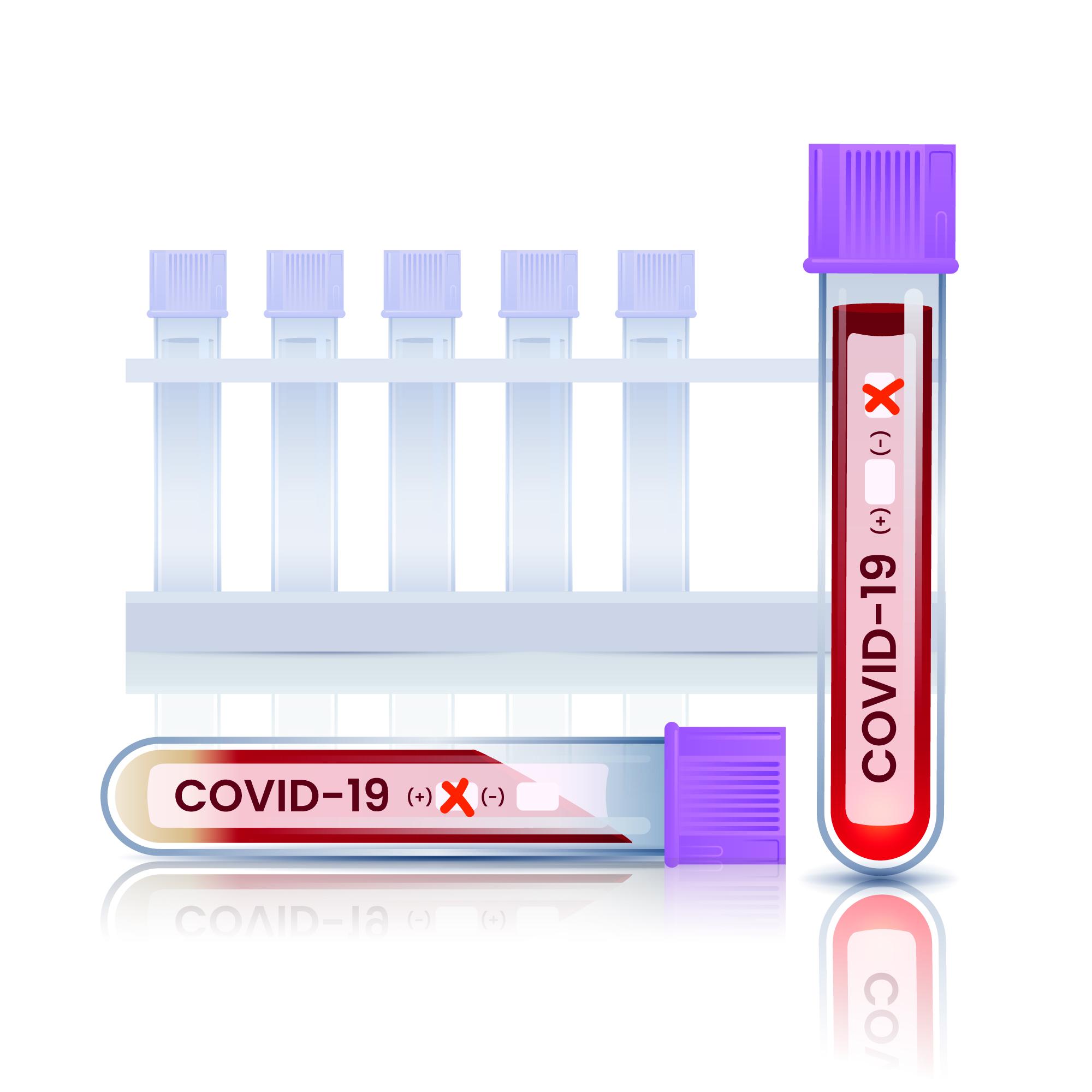

A large collaboration of European investigators led by Prof Marité Cárdenas of Malmö University gained insights into how the SARS-CoV-2 spike protein (S protein) interacts with lipid metabolism in the body, with implications for COVID-19 infection and mRNA vaccination in the latest research published in the Journal of Colloid and Interface Science. Although the mechanism of the interactions is unknown, the researchers discovered a link between a person’s plasma lipid profile and the degree of COVID-19 disease.
The interaction between the S protein and high-density lipoprotein (HDL) may also play a role in the deleterious effects found in some people following mRNA COVID-19 immunization.
“Deuterated lipids with unsaturated and polyunsaturated fatty acid alkyl chains, that were supplied by us and not available elsewhere , were used in this study to understand the effect of lipid saturation on the ability of S protein to hijack lipid profile during infection,” explained co-author Dr. Tamim Darwish, Leader of the National Deuteration Facility (NDF) at ANSTO. NDF continues to support biomedical research on COVID-19 by providing bespoke deuterated lipids for studies of the structure of the virus and its complex molecular interactions.
“The deuteration of the biological materials, in which hydrogen is replaced by deuterium, was essential for the neutron reflectometry as well as the infrared spectroscopy measurements of a model membrane,” he said.
Dr. Michael Moir and colleagues at the NDF developed a procedure for deuterating the linoleic acid-based-lipid, PLPC, after earlier conversations with the research group. The findings were published in the journal Advanced Synthesis and Catharsis in 2022 and were featured on the journal’s cover.
“Deuterated linoleic acid and its associated phospholipid can be isolated from biological systems but only in very small amounts. We were able to synthesize sufficient quantities of these molecules for the study,” said co-author Dr. Moir.
This omega-6 fatty acid is one of two polyunsaturated fatty acids that are required by the body. It had previously been demonstrated that the polyunsaturated fatty acid binds to the new coronavirus SARS-CoV-2 and effectively inhibits binding to a critical receptor.
Previous research has demonstrated that the S protein can remove lipids from model membranes and interfere with HDL’s lipid removal and exchange mechanisms.
According to the most recent findings, the S protein from the SARS-CoV-2 virus has a greater ability to remove cholesterol and polyunsaturated lipids than saturated and monounsaturated lipids.
Recent neutron reflectometry experiments on the Spatz instrument at ANSTO’s Australian Center for Neutron Scattering and ILL in France revealed the integrity and composition of lipid bilayers when exposed to S protein and/or HDL.
“The team wanted to know what type of lipids from the HDL can be extracted and depleted by the S protein, thus changing its surface properties and function,” explained Dr. Darwish.
The study found that the S protein alters HDL function depending on a person’s lipid serum composition.
Individuals with low triglyceride and high cholesterol serum levels should have a lower tendency to have their lipid metabolism hijacked by the SARS-CoV-2 virus and may have a weaker interaction with the S protein during COVID-19 illness or vaccination against COVID-19, according to the findings.
According to the findings, the S protein may bind to HDL, thus interfering with its normal function. The S protein, which is located on the virus surface, may engage with certain cell membrane receptors via the same contact pathway that HDL does.
This interaction between the S protein and HDL may contribute to the adverse effects seen in certain people after receiving mRNA COVID-19 immunization.
more recommended stories
 Nanoplastics in Brain Tissue and Neurological Risk
Nanoplastics in Brain Tissue and Neurological RiskKey Takeaways for HCPs Nanoplastics are.
 AI Predicts Chronic GVHD Risk After Stem Cell Transplant
AI Predicts Chronic GVHD Risk After Stem Cell TransplantKey Takeaways A new AI-driven tool,.
 Red Meat Consumption Linked to Higher Diabetes Odds
Red Meat Consumption Linked to Higher Diabetes OddsKey Takeaways Higher intake of total,.
 Pediatric Crohn’s Disease Microbial Signature Identified
Pediatric Crohn’s Disease Microbial Signature IdentifiedKey Points at a Glance NYU.
 Nanovaccine Design Boosts Immune Attack on HPV Tumors
Nanovaccine Design Boosts Immune Attack on HPV TumorsKey Highlights Reconfiguring peptide orientation significantly.
 High-Fat Diets Cause Damage to Metabolic Health
High-Fat Diets Cause Damage to Metabolic HealthKey Points Takeaways High-fat and ketogenic.
 Acute Ischemic Stroke: New Evidence for Neuroprotection
Acute Ischemic Stroke: New Evidence for NeuroprotectionKey Highlights A Phase III clinical.
 Statins Rarely Cause Side Effects, Large Trials Show
Statins Rarely Cause Side Effects, Large Trials ShowKey Points at a Glance Large.
 Anxiety Reduction and Emotional Support on Social Media
Anxiety Reduction and Emotional Support on Social MediaKey Summary Anxiety commonly begins in.
 Liquid Biopsy Measures Epigenetic Instability in Cancer
Liquid Biopsy Measures Epigenetic Instability in CancerKey Takeaways Johns Hopkins researchers developed.

Leave a Comment